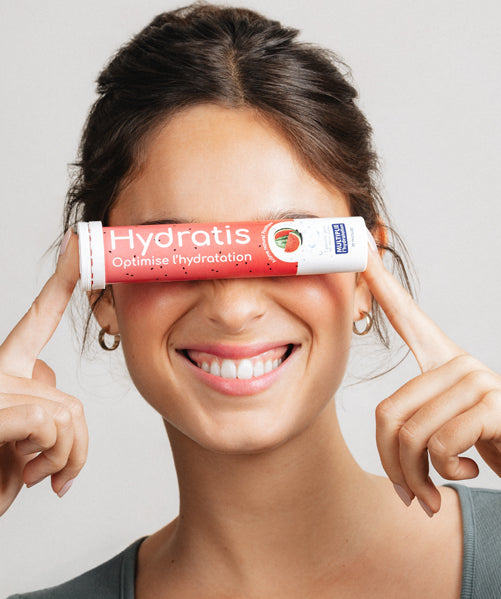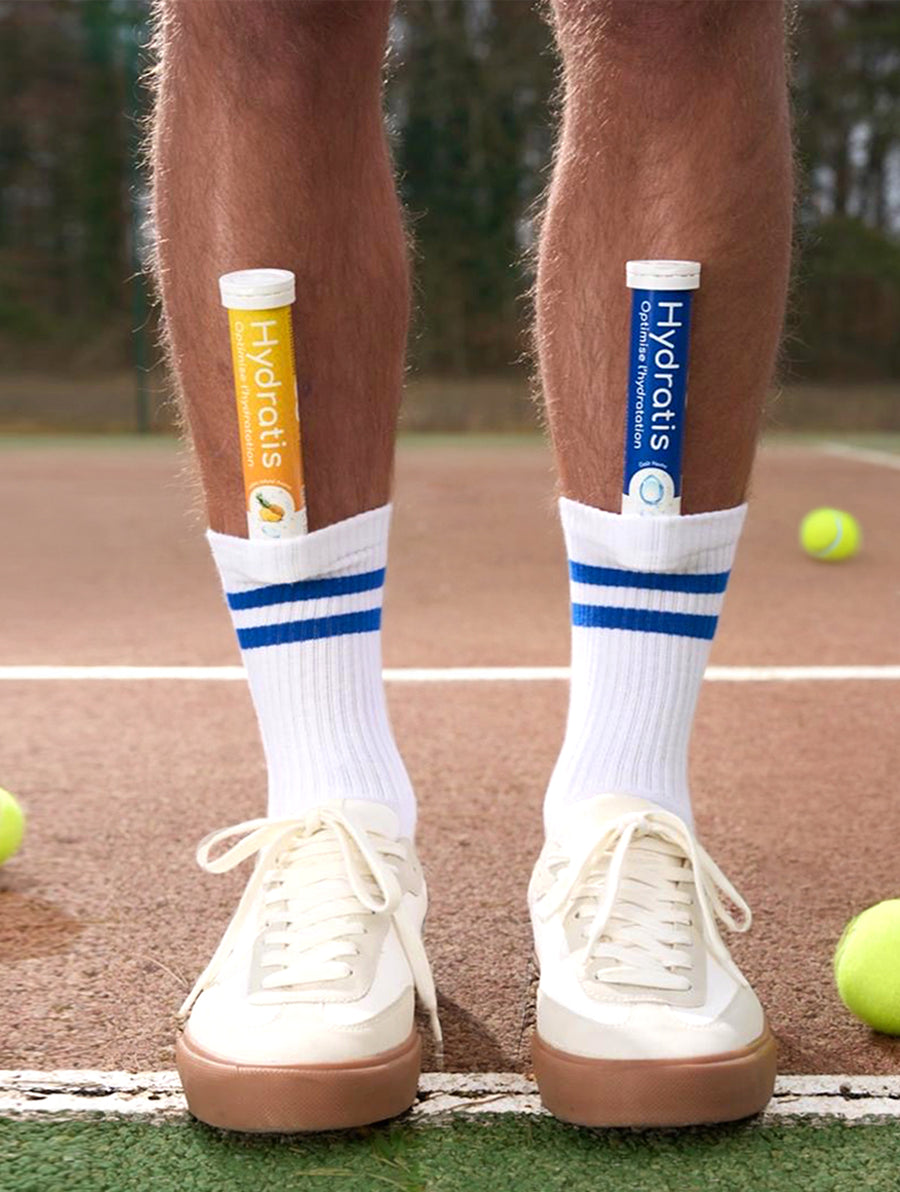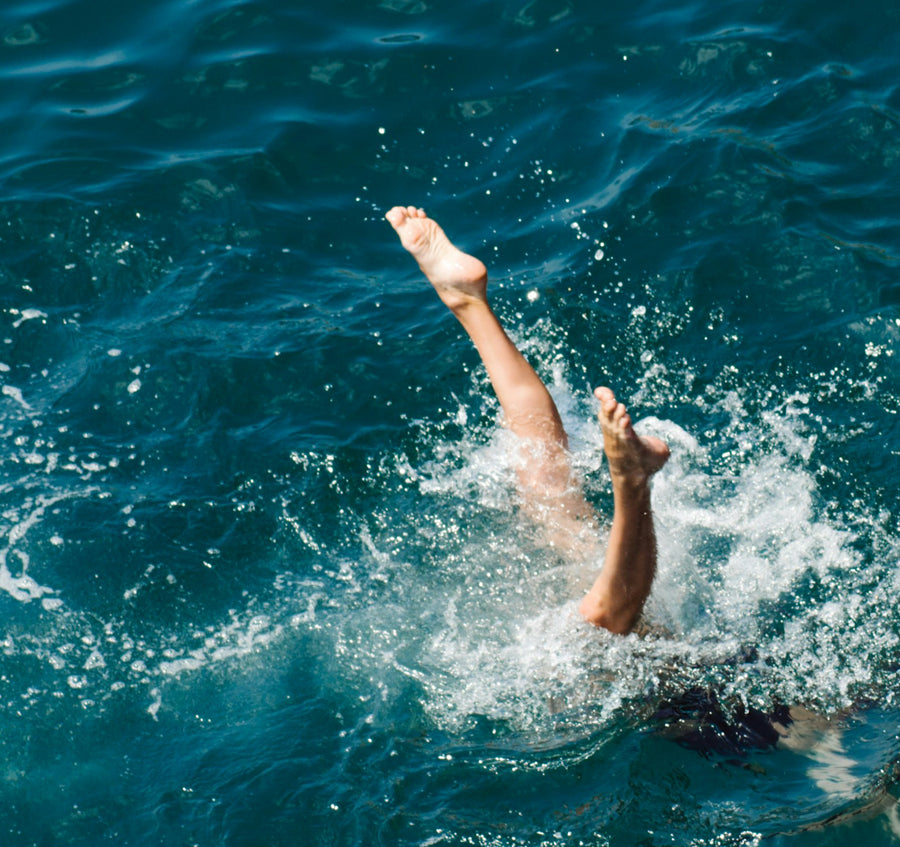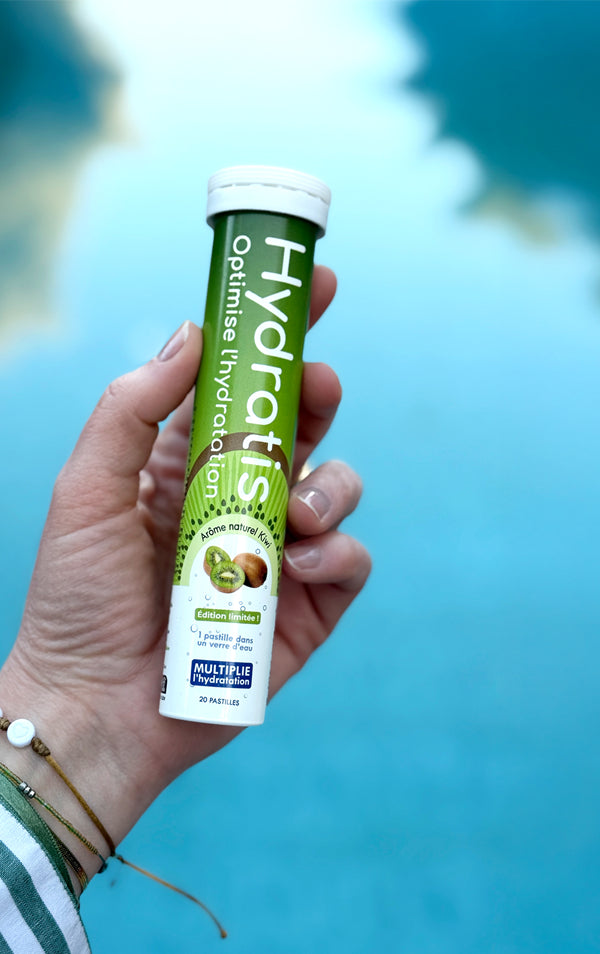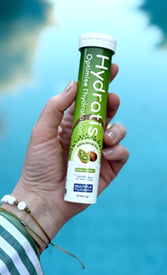You've probably wondered whether or not you're drinking enough water every day, and if so, this article is for you! We'll look at how to make sure you're consuming the right amount of water by studying the body's water balance.
What is water balance?
Water balance is simply the balance between the water we consume and the water we excrete . The goal is to maintain an equivalence between the two. Poor water balance, which makes up the majority of our body, can have serious consequences for our health.
Water has a multitude of roles in our body: it helps maintain a good body temperature , transport waste and nutrients , but it also ensures, of course, good hydration . And water balance is therefore essential to ensure the proper functioning of all these mechanisms.
Water Balance: The Key to Understanding Water Balance in the Body

Water balance represents the various mechanisms that allow the body to regulate water intake and loss ; it directly affects water balance. Furthermore, it can be influenced by several factors, such as food and beverage consumption, as well as perspiration and water loss through urine.
Mechanisms for maintaining water balance
To maintain water balance, your body sends signals and uses certain organs. First, it regulates fluid intake . To do this, the sensation of thirst is essential to let your body know that you need water fairly quickly. However, other factors should be taken into account, such as your usual mealtimes or your environment, for example.
It is important to know that the kidneys play an important role in this regulation . They will adjust the elimination of water according to the body's needs: that is to say, in the event of excess, they evacuate more, while in a situation of dehydration , they retain a maximum. This subtle mechanism helps maintain an optimal water balance by modulating losses.
But what happens if our balance is not respected? We then speak of dehydration or hyperhydration .
Dehydration: an imbalance in water balance
Dehydration can cause a variety of symptoms, including thirst, which is the most common. However, other symptoms include fatigue, dry mouth, headaches , and dark urine . If dehydration is more severe , you may experience an increased heart rate , cramps , or almost no urine.
Certain populations are particularly vulnerable to dehydration: the elderly in particular, due to an altered perception of thirst, can see their chronic pathologies worsen in the event of a water deficit . In children , episodes of diarrhea or vomiting can quickly cause excessive water loss . Athletes , for their part, suffer significant water losses through perspiration, which can impact their performance and recovery.

To avoid dehydration, here are some tips:
- Drink regularly: between 1.6 and 2 liters of water per day.
- Eat fruits and vegetables, they are rich in water!
- Avoid dehydrating drinks like alcohol, energy drinks, and too much coffee, for example.
Overhydration: Too much water, another type of imbalance
Overhydration can cause different symptoms such as bloating , nausea or even headaches .
In the most severe cases, it can cause hyponatremia , but it can also affect kidney function and put stress on the cardiovascular system.
If you experience any of these signs, we advise you to consult a doctor who can give you the best recommendations specific to your situation.
To avoid this imbalance, it's essential to drink according to your needs. Trying to hydrate beyond what's necessary won't provide any benefit and can even be counterproductive. The best thing to do is listen to your body. To find out how much water you should drink based on your profile, don't hesitate to take our online hydration assessment.
Water balance: a tool for assessing your water balance
Water balance allows you to analyze the difference between water intake and loss over a 24-hour period. Its goal is to determine whether the body's water balance is optimal.
The assessment can give 3 results:
- A positive balance, where contributions exceed losses.
- A negative balance, when losses are greater than contributions.
- A neutral balance, when inputs and outputs balance out.
To carry out a water balance, it is necessary to measure the liquids consumed, estimate the contribution of water-rich foods, quantify urinary losses and take into account other water losses (perspiration, respiration).
Having a check-up is not necessary but can be useful if you do high-intensity sports, if you are someone who is likely to have poor balance or if you are elderly.
Best practices for maintaining good water balance
To maintain your water balance, it's important to understand your own water needs. Generally, consuming 30 to 40 mL of water per kilogram of body weight covers most daily needs. However, certain situations require additional intake:
- During physical activity, it is recommended to drink between 0.5 and 1 liter of water per hour of training.
- During hot weather, it is recommended to increase your water consumption.
- For breastfeeding women, an additional intake of 0.7 to 1 litre per day is recommended.
Effective hydration relies on an adequate intake of water and electrolytes .Hydratis lozenges , thanks to their composition, optimize hydration while being easy to use. Our wide range of flavors, including coconut, lemon elderflower, wild berries and many others, offers a solution adapted to everyone's preferences.

Water plays a role in many vital functions : regulating temperature, transporting nutrients, eliminating waste, and maintaining physical and cognitive performance. It is therefore very important to maintain a good water balance to ensure the proper functioning of the body. An imbalance , whether dehydration or overhydration, can alter these processes and therefore impact your well-being!
It is therefore essential to adapt your water consumption to your needs, taking into account your physical activity, your environment, and your physiological state. Recognizing the signs of a water imbalance will allow you to act quickly and avoid complications.
For effective and appropriate hydration, electrolyte intake plays a key role in promoting better water absorption. Hydratis offers a practical and effective solution to support your daily water balance, adapting to different needs and lifestyles.
Bibliography
Why do we have to drink water? For maintaining the water balance. Eric Jquier a , Florence Constant b
Dehydration of the elderly, Dr Monique Ferry
Cognitive functions and hydrationHydration and cognitive performance, P. Ritz
